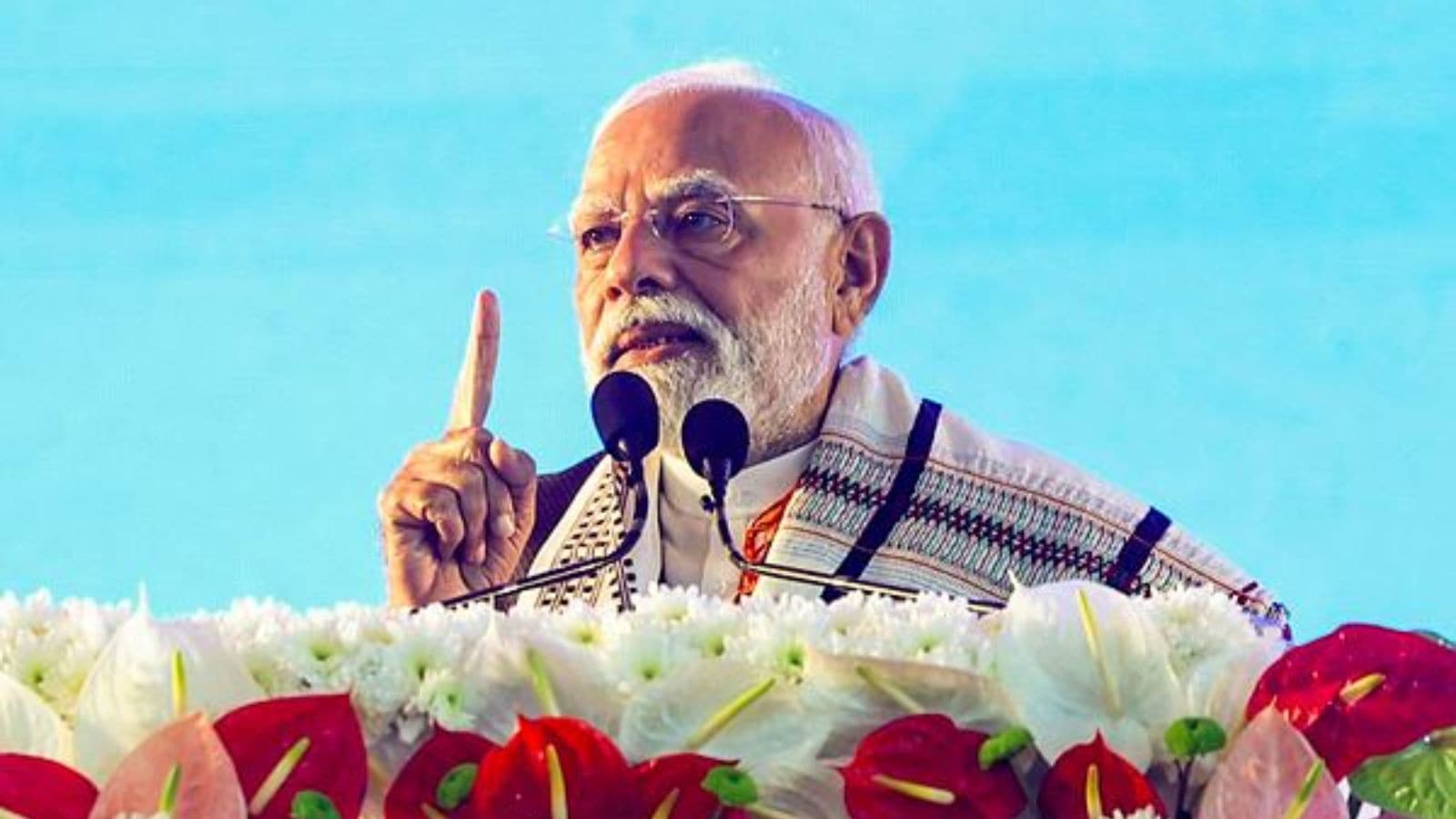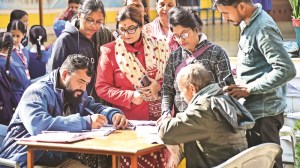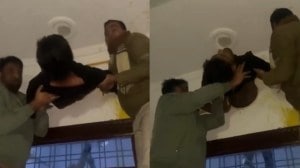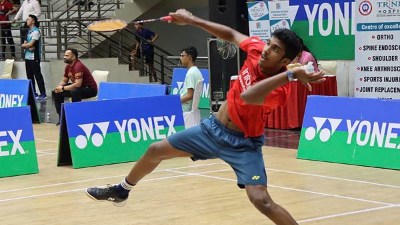The central theme of Prime Minister Narendra Modi’s two speeches in Manipur – delivered 60 kilometres apart in areas dominated by two communities in conflict – was the need to ensure that the aspirations of the state, particularly its youth, are not “buried under the dark shadow of violence.”
As he inaugurated and announced a slew of projects, the PM made it a point to underline how each has a part to play in the state’s journey to peace and progress. He highlighted that the future belonged to Manipur and the Northeast, and violence and disharmony were impediments to the state reaching its full potential.

He put the responsibility of working together on both the Kuki-Zo and the Meitei communities. “Manipur is a land of great possibilities. It is our duty not to keep even one foot wrong on the road to development. There is no dearth of capability in Manipur. What is needed is that we strengthen the path of dialogue continuously. We have to build a strong bridge of harmony between the hills and the valley,” he said. While the Kuki-Zos dominate the hills, the Meiteis are the majority in the valley.
At the same time, Modi acknowledged that the Centre has a role to play. Saying that his government is undertaking talks with different groups from both the hills and the valley, he said, “The government is making every effort to bring back normalcy to Manipur.”
“I appeal to all organisations to move on the path of peace and realise your dreams. Ensure the future of your children,” he said.
 People welcome PM Modi’s convoy in Churachandpur. PTI
People welcome PM Modi’s convoy in Churachandpur. PTI
He emphasised that while southern and western India have reaped the benefits of the country’s growth journey, it is now time for the Northeast to capitalise on it. “Imphal city is a city of possibilities. I see Imphal as a city that will realise the dreams of the youth and contribute to the country’s growth,” he said.
The youth were, in fact, a key focus, exemplified by his emphasis on the state’s sporting talent and the need to nurture it. “Without Manipur’s players, India’s sports are incomplete. Manipur’s youth fight for the pride of the Tricolour. We cannot let this identity be buried under the dark shadow of violence. Today, when India is becoming the powerhouse of global sports, Manipur’s youth have even greater responsibility,” he said.
While both speeches focused on bridging the gap between the two communities in conflict, conversations with community leaders indicated the challenges ahead.
Story continues below this ad
Kuki-Zo groups in Churachandpur saw the PM’s visit – he is the first PM to visit the district since Rajiv Gandhi in 1988 – as a vital step towards their demand for a Union Territory.
The ten MLAs representing the community, of whom seven are from the BJP, submitted a memorandum addressed to Modi on Saturday, which stated, “We look forward to a historic shift in our political future with your visit. You are fully aware of how our people have been totally cleansed from the valley areas of Manipur… It is an unprecedented ethnic persecution, with state complicity, by the majority community on our minority community. We can now live in peace only as good neighbours, never under the same roof again.”
“We urge you to expedite the dialogue to address our demand for a separate Union Territory with a Legislature,” it said.
In Imphal, Congress Legislature Party leader and former CM Okram Ibobi Singh said, “The people of Manipur who had expectations, particularly the internally displaced people, may be disappointed. Yes, it may take time, maybe months, but both communities hope to go back to their homes and start a new life and were looking forward to a roadmap for resettlement. It is unfortunate that the Prime Minister’s visit is more like that in a poll-bound state, where he announces packages and inaugurates projects.”
Story continues below this ad
Among those in the audience, while some saw the PM’s words as a vital step towards resolution, others said they had hoped for more. Jayanta Sanasem, who had come to the event from Wangkhem, said she had hoped there would be more clarity on “steps towards free movement and the eventual removal of buffer zones”.



 People welcome PM Modi’s convoy in Churachandpur. PTI
People welcome PM Modi’s convoy in Churachandpur. PTI





